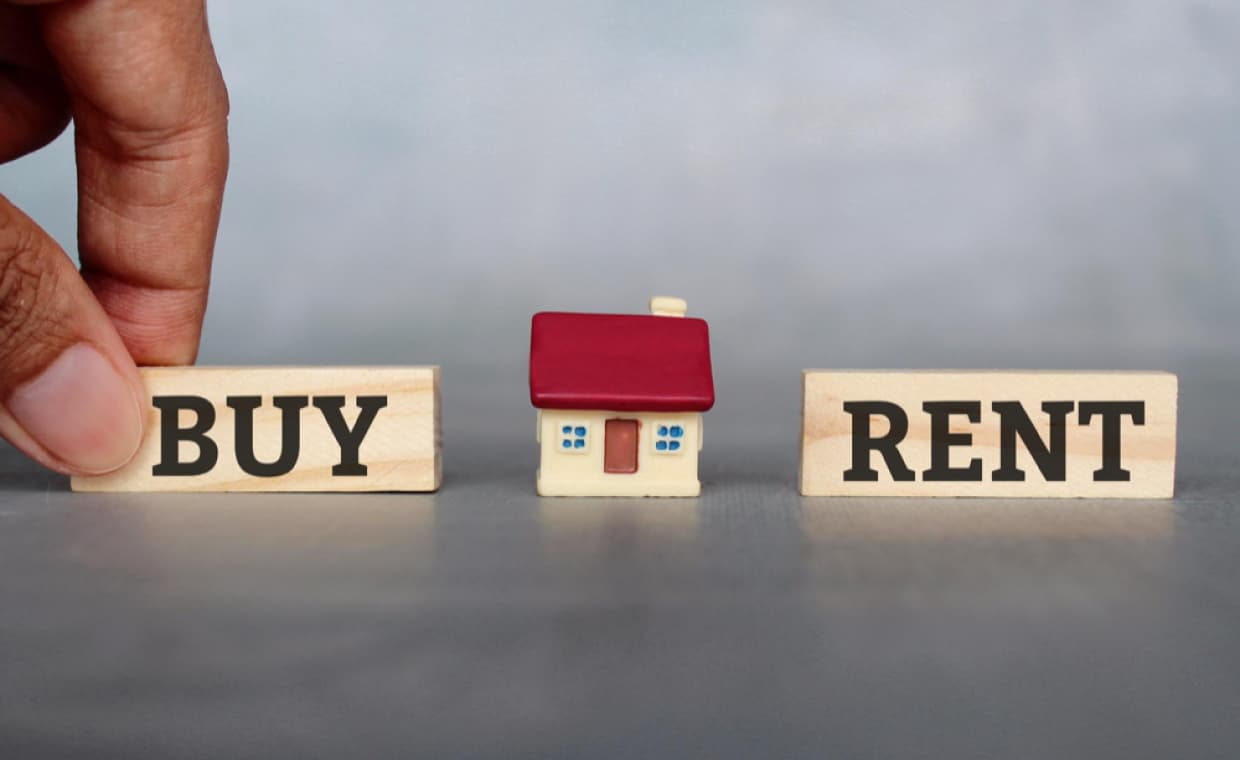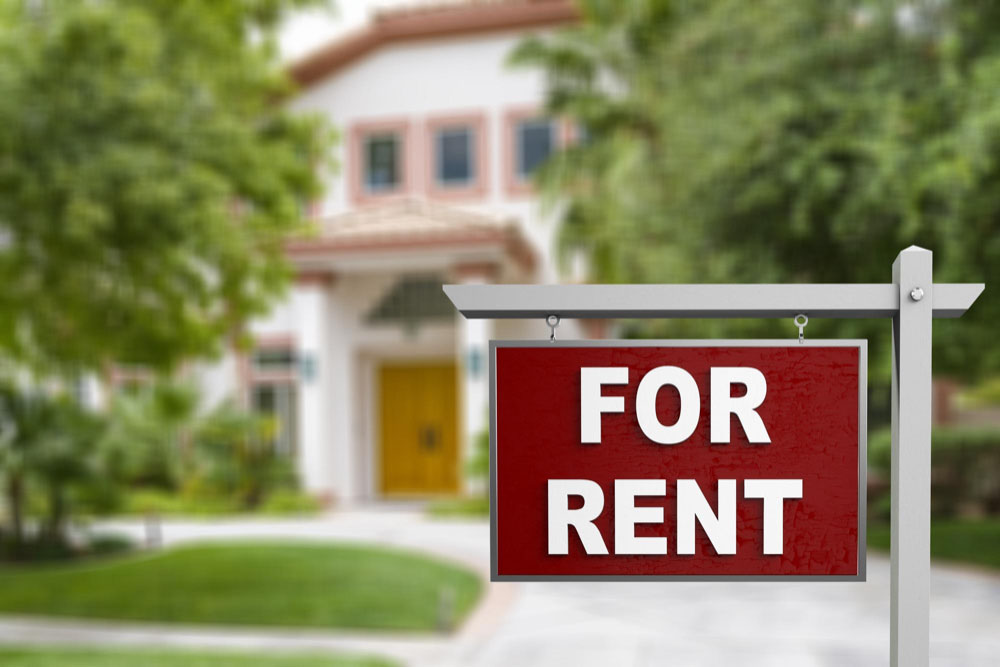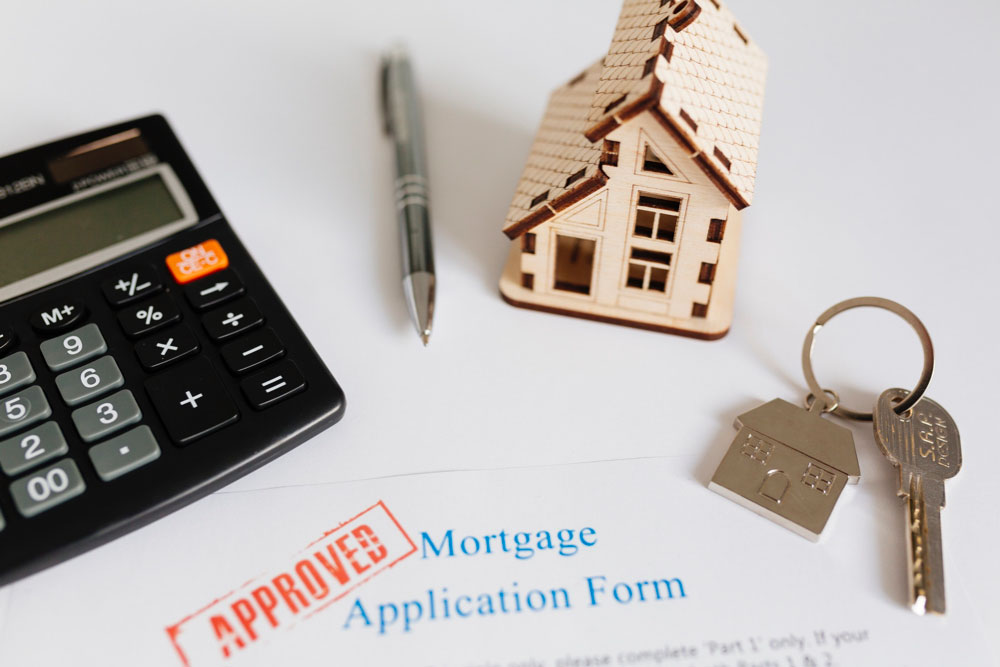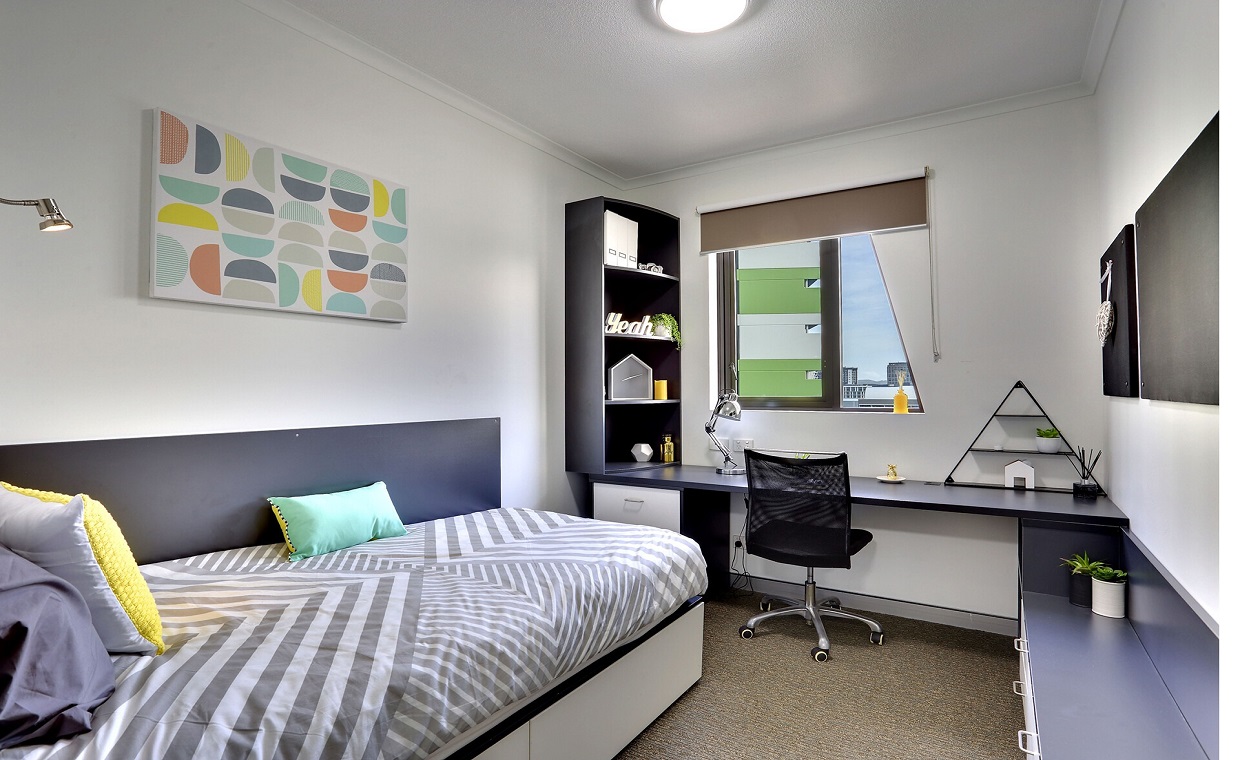
Table of Contents
Quick Summary
- The article compares renting and owning a home to help readers decide which suits their needs.
- Explains the pros and cons of renting, such as flexibility and lower upfront costs.
- Covers the benefits and challenges of homeownership, including equity growth and maintenance responsibilities.
- Outlines key decision factors like duration of stay, finances, lifestyle, and investment goals.
- Compares financial aspects such as rent payments versus mortgage commitments.
- Concludes that the best choice depends on personal goals, budget, and long-term plans.
Deciding whether to rent or own a home is a significant life choice. The property market is dynamic, offering a variety of options for both residents and investors. Renting provides convenience and the opportunity to live in desirable areas without a large financial commitment. Owning, on the other hand, offers long-term stability, equity growth, and investment potential. As demand and lifestyles evolve, the decision ultimately depends on personal preferences, finances, and future goals.
This guide discusses the advantages and disadvantages of renting and owning a home, the financial implications, and lifestyle considerations.
Renting – Pros and Cons

Rental Properties in Dubai are popular because of their flexibility. Before many residents commit to buying a property, they prefer to rent. It allows the flexibility to adapt living spaces or move without a long-term commitment.
Pros of Renting
- Flexibility – Move between communities or locations without long-standing obligations.
- Reduced initial expenses – Pay only a security deposit and rental fees, without the burden of a mortgage.
- Prime locations – Rent in the most desirable neighbourhoods or city centres.
- Stress-free maintenance – In many cases, landlords cover major repairs and upkeep.
Cons of Renting
- No ownership – Rent payments do not build equity.
- Rental increases – Subject to local regulations and market conditions.
- Lack of stability – Tenancy depends on lease renewals.
- Limited personalisation – Tenants are often restricted from major remodelling or renovations.
Renting is most suitable for individuals with short-term plans or those testing out a new lifestyle or area. It is ideal when flexibility is more valuable than long-term investment.
Owning – Pros and Cons

With favourable property ownership laws, many expats and investors find it easier to buy property in Dubai. Investing in real estate is often seen as a path toward long-term growth and security, offering both a stable home and potential income.
Pros of Owning
- Asset growth – Properties generally appreciate over time, creating wealth.
- Rental income – Owners can lease their properties for a steady return.
- Stability – No concerns about rising rents or eviction.
- Customisation – Owners have the freedom to remodel or redesign their homes.
- Residency rights – In some regions, certain property investments come with residency or visa benefits.
Cons of Owning
- High initial cost – Down payments, fees, and other expenses can reach a significant portion of the property’s value.
- Market fluctuations – Property values can decline during slower economic cycles.
- Maintenance costs – Owners are responsible for service fees, repairs, and maintenance.
- Reduced flexibility – Selling or relocating can be a lengthy process.
Property ownership is ideal for investors and families who intend to stay long term. It offers stability, equity growth, and potential returns but requires commitment and financial readiness.
Key Factors to Consider Before Deciding

The decision to rent or own ultimately depends on your personal circumstances. Each option has distinct advantages and disadvantages.
Duration of Stay
- Short term – Renting is practical and cost-effective.
- Long term – Owning offers stability and equity growth.
Financial Situation
- Renting – Lower upfront costs and predictable monthly expenses.
- Buying – Requires a down payment, mortgage, and additional fees.
Lifestyle Flexibility
- Renting – Easier to relocate or change homes.
- Owning – Offers stability but less mobility.
Investment Goals
- Buying – A long-term wealth-building strategy and potential source of rental income.
- Renting – Suitable for those without fixed long-term plans.
Location Preference
- Renting – Access to premium areas without the high cost of ownership.
- Owning – Better suited for areas with strong growth potential.
Choosing between renting and buying should balance lifestyle, finances, and long-term goals.
Financial Considerations: Rent vs Mortgage

Finances play a major role in determining whether to rent or buy. Each option impacts your budget differently.
Renting Costs
- Requires a security deposit and possible agency fees.
- Rent is often paid in advance or in set instalments.
- Monthly payments do not build ownership or equity.
- Lower short-term costs make renting ideal for newcomers or those seeking flexibility.
Mortgage Costs
- Buyers typically pay a down payment of 20-25%.
- Banks charge interest on monthly mortgage repayments.
- Owners are responsible for service charges and maintenance.
- Over time, mortgage payments build equity and potential asset growth.
Renting is more affordable initially and offers freedom from ownership responsibilities. Buying, however, turns payments into a long-term investment.
Closing In!
The choice between renting and owning depends on lifestyle, budget, and long-term objectives. Renting offers flexibility, lower upfront costs, and easy mobility-perfect for short-term residents or those exploring their options. Ownership, meanwhile, provides stability, equity growth, and potential rental income, making it appealing to families and long-term investors.
Both options come with clear financial and lifestyle implications. The key is to evaluate your duration of stay, financial readiness, and future aspirations. The property market continues to provide attractive opportunities for both renters and buyers. The right choice is the one that aligns with your personal vision and goals.
Also Read: How to Choose the Right Property Management Company for Your Rental?
FAQs: Rent vs Own
01. What are the main benefits of renting a home?
Renting offers flexibility, lower upfront costs, and less responsibility for maintenance.
02. Why is owning a home considered a good investment?
Owning allows you to build equity, benefit from property appreciation, and earn rental income.
03. When is renting better than buying?
Renting is ideal for short-term stays or when you need flexibility to move easily.
04. What financial factors should I consider before buying a home?
Consider down payment, mortgage rates, maintenance costs, and your long-term financial stability.
05. How do I decide between renting and owning?
Evaluate your lifestyle, duration of stay, and financial readiness before choosing rent vs own.






























